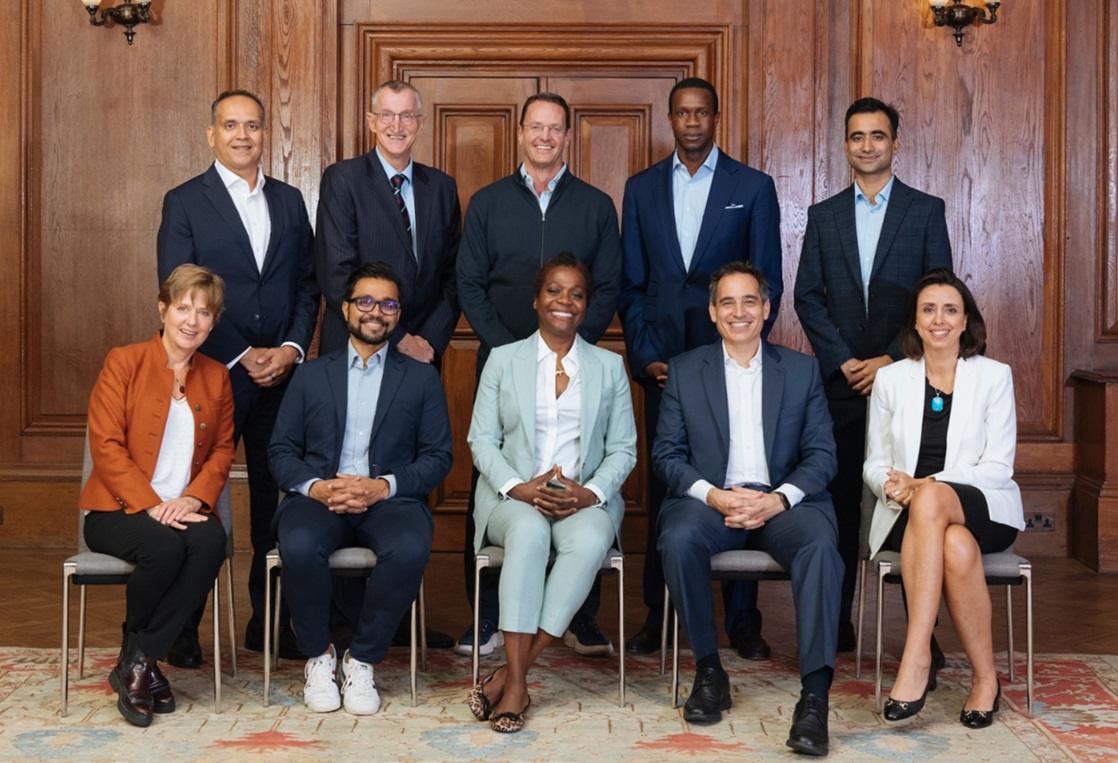Burberry, Calvin Klein, H&M Join Coalition Calling for Sustainable Fashion Industry
Several leading fashion and textile brands and NGOs have joined together to call to work towards a more sustainable fashion industry. In an open letter, the group calls upon the industry to “build back better” from the COVID-19 pandemic, using the recovery period as an opportunity to speed the transition towards sustainable practices.
15 major companies, brands and organisations signed the letter, including H&M, Tchibo, Burberry, PVH, Tommy Hilfiger, Calvin Klein, Primark, Bon Ton Toys, LPP, Teenmill, the Sustainable Apparel Coalition, ZDHC, Alliance for Water Stewardship, CDP and WWF. Other companies and organizations are invited to join.
Stuart Orr, WWF Global Freshwater Lead, said:
“The fashion, apparel and textile sector has been hard hit by this pandemic, leaving the livelihoods of millions as well as the future of many companies at risk. As the industry starts to recover, it’s critical that it charts a new course that takes the whole sector in a more sustainable direction.”
The fashion industry faces numerous social and environmental sustainability issues, including water use, wastewater production, GHG emissions and labor practices. According to 2015 figures, the sector was responsible for the consumption of 79 billion cubic metres of water, and the production of 92 million tons of waste. A 2019 World Bank report estimated that the fashion industry is responsible for 10% of annual global carbon emissions, more than all international flights and maritime shipping combined, and was set to surge 50% by 2030 at the current pace of growth.
In the open letter, the signatories propose numerous initiatives to address these sustainability problems, calling on the industry to:
- Support and encourage governments to deploy Green Economic Recovery Plans;
- Maintain and strengthen corporate sustainability commitments;
- Recognize the importance of WASH and pledge action;
- Recognize the importance of nature, particularly freshwater ecosystems, in maintaining human wellbeing;
- Increase brand-led sustainability efforts and ensure a role for circularity;
- Enhance and strengthen supplier relationships; and
- Enhance traceability and transparency;
While the above initiatives focus primarily on environmental issues, the letter was published as a compliment to The International Labour Organization’s (ILO) call to action, “COVID-19: Action in the Global Garment Industry,” which is intended to catalyze action across the industry to support manufacturers and protect garment workers’ income, health and employment.
Orr added:
“Hopefully, other companies will sign up to this Open Letter and help ensure the sector builds back better – which is critical not only for the industry but also for global efforts to tackle the climate and nature crises.”





